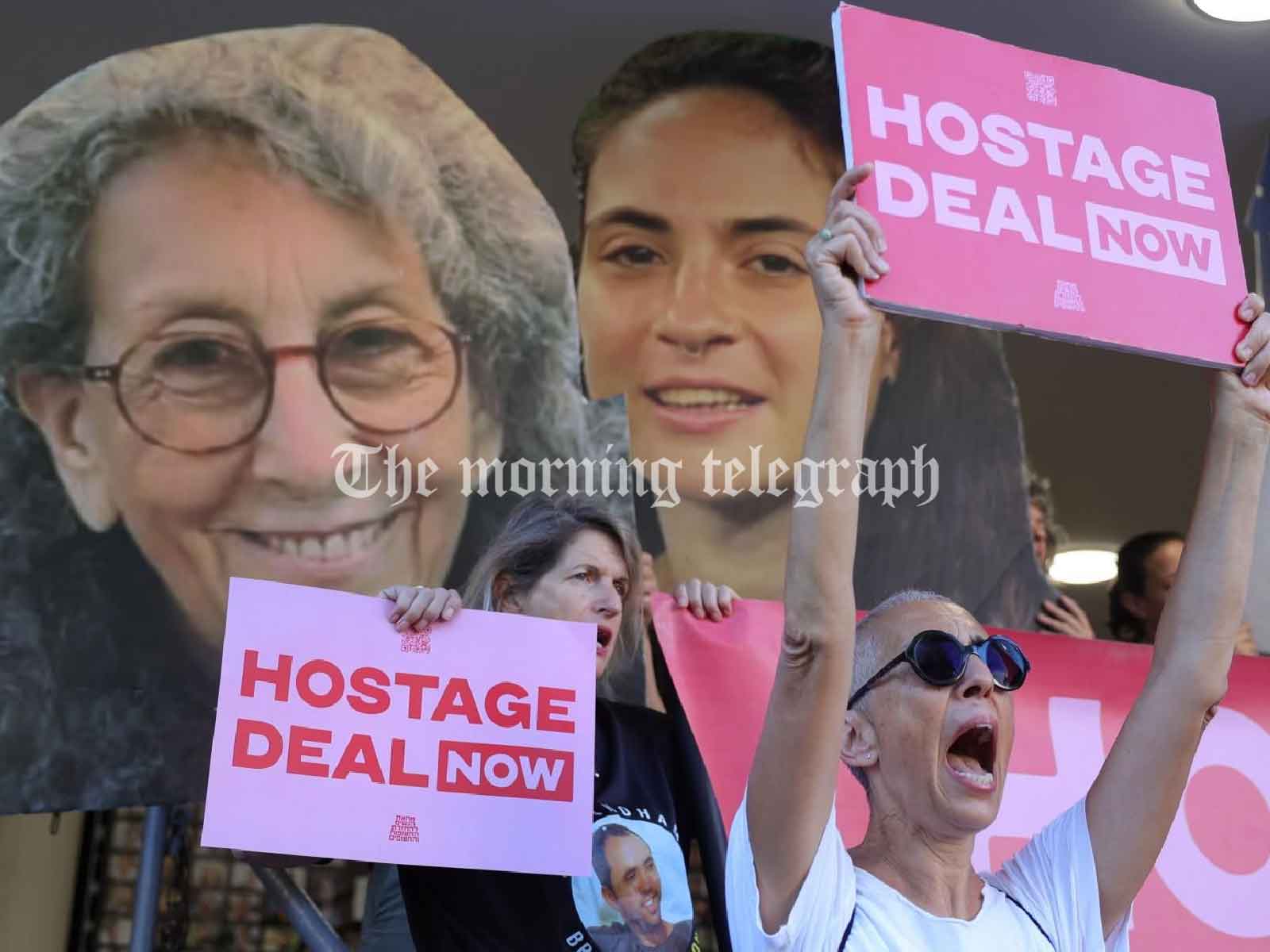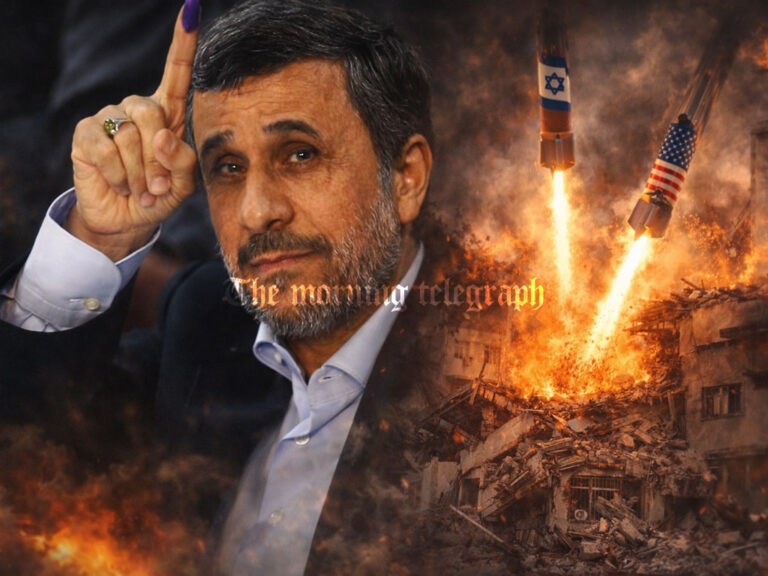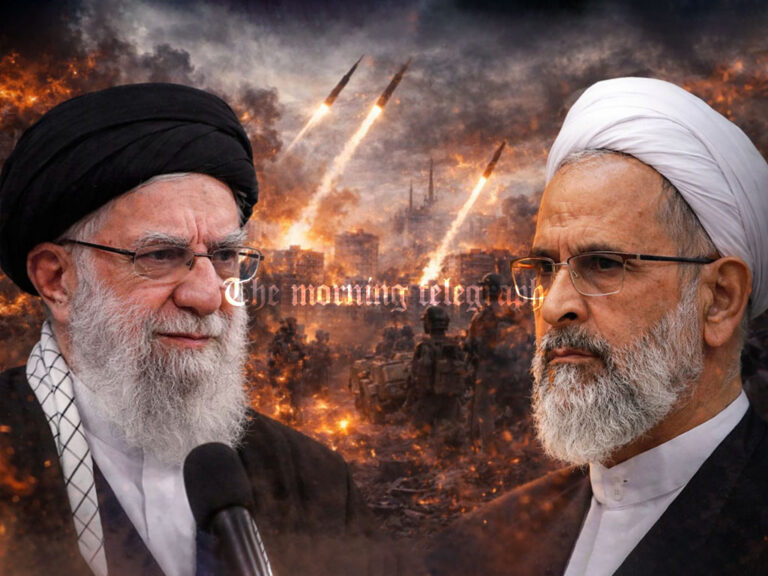
High-Stakes Gaza Ceasefire and Hostage Release Talks Resume in Doha
In a critical development, the United States has reported a “promising start” to the resumed ceasefire and hostage release talks in Doha, aiming to de-escalate the ongoing war between Israel and Hamas in the Gaza Strip. The conflict, which has claimed over 40,000 Palestinian lives according to Gaza’s Hamas-run health ministry, has raised fears of a broader regional war involving Iran. However, despite the positive tone from the U.S., expectations for a breakthrough remain cautious.
White House spokesman John Kirby emphasized that significant work remains to bridge the gaps in implementing the framework agreement. The negotiations, which were initially suspended after the assassination of Hamas’s political leader Ismail Haniyeh in Tehran, have now resumed with key international figures in attendance, including CIA Director William Burns and the heads of Israel’s intelligence agencies.
The talks face numerous challenges, particularly around control of land along Gaza’s border with Egypt and the return of displaced Palestinians to northern Gaza. Hamas, which has not officially participated in the latest round of indirect negotiations, has accused Israel of introducing new conditions that complicate the talks. These include demands for control over the Philadelphi corridor and screening displaced Palestinians returning to northern Gaza to ensure they are unarmed civilians. Israeli Prime Minister Benjamin Netanyahu has denied adding new conditions, calling them “essential clarifications.”
The humanitarian situation in Gaza continues to worsen, with over 40,000 reported dead since the conflict began. The UN and other international bodies have expressed deep concern over the escalating violence. The Israeli military claims to have “eliminated over 17,000 terrorists,” but these numbers remain contested.
Families of Israeli hostages still held by Hamas are growing increasingly desperate, with many viewing the current negotiations as the “last chance” to secure their loved ones’ release. Hamas claims that an Israeli hostage was recently killed by a guard acting out of personal grief, further heightening the urgency of the talks.
The assassination of Ismail Haniyeh has exacerbated tensions, with Iran vowing retaliation against Israel. The U.S. and its allies are keen to prevent the conflict from spiraling into a full-blown regional war. The situation is further complicated by threats from the Iran-backed Lebanese Hezbollah movement, which has promised to avenge the killing of a senior commander by Israeli forces.
The first phase of the proposed ceasefire deal, as outlined by U.S. President Joe Biden, includes a six-week ceasefire, the withdrawal of Israeli forces from Gaza, and the exchange of hostages. Subsequent phases would see a permanent end to hostilities and the start of Gaza’s reconstruction.
While the U.S. remains hopeful that the remaining obstacles can be overcome, the path to a comprehensive peace deal remains fraught with challenges. The next few days will be crucial in determining whether the Doha talks can bring an end to one of the most protracted and deadly conflicts in the region.




